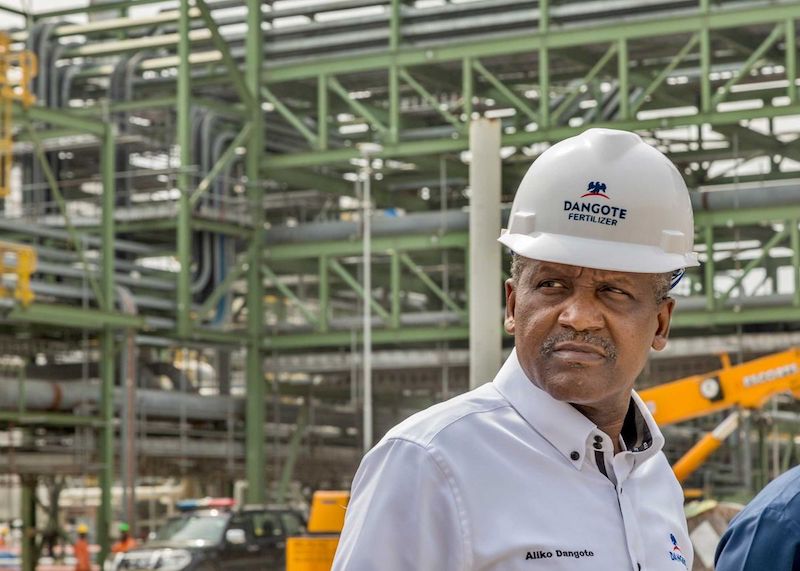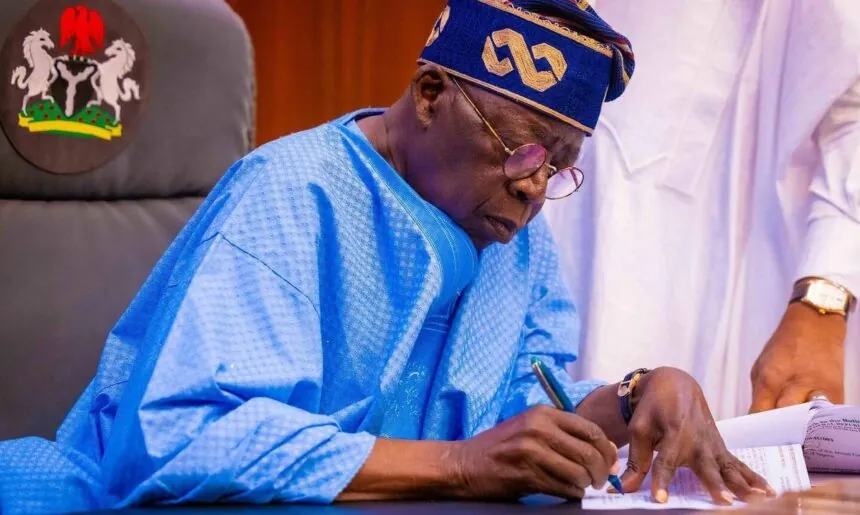President Bola-Ahmed Tinubu has taken proactive steps to address the impact of subsidy removal and enhance the minimum wage in Nigeria. He has directed the National Economic Council (NEC) to convene and focus on developing strategies and interventions to alleviate the effects of these changes. This decision was disclosed by Governor Dapo Abiodun of Ogun State during a meeting with oil marketers at the Aso Rock in Abuja.
The oil marketers, represented by the Depot and Petroleum Products Marketers Association of Nigeria (DAPPMAN), expressed their support for President Tinubu’s government and emphasized the need to find effective ways to cushion the economic impact. In a show of solidarity, DAPPMAN pledged to donate 50-100 locally-made mass buses to improve transportation and alleviate the suffering of the people. They also proposed the implementation of a single exchange rate, replacing the use of dollars in trading, to foster a free market environment that stimulates job creation and business growth.
This meeting with the oil marketers stems from President Tinubu’s commitment to implementing measures that alleviate the hardships faced by Nigerians due to the fuel subsidy removal policy. During his inaugural speech on May 29 at the Eagle Square in Abuja, the President announced the removal of subsidy payments on petrol. He highlighted that the previous administration under Muhammadu Buhari did not allocate funds for subsidies beyond June in the 2023 budget.
To address the challenges arising from subsidy removal and improve the minimum wage, President Tinubu has tasked the National Economic Council (NEC) with convening meetings and initiating deliberations. The NEC, comprising key government officials and stakeholders, will work towards developing comprehensive strategies, interventions, and palliatives to mitigate the economic consequences of these changes. The council’s discussions will center on finding viable solutions that prioritize the welfare of Nigerians and ensure a smooth transition amid the subsidy removal policy.
President Tinubu’s directive to the National Economic Council (NEC) reflects his commitment to addressing the economic repercussions of subsidy removal and enhancing the minimum wage. By involving key stakeholders and initiating discussions, the government aims to develop effective strategies and interventions that alleviate the impact on Nigerians. The support and proposals put forth by the oil marketers, represented by DAPPMAN, further demonstrate a collective effort to mitigate the challenges and create an environment conducive to economic growth and job creation. As the NEC deliberates on palliative measures, its recommendations will play a pivotal role in safeguarding the well-being of the Nigerian population.




